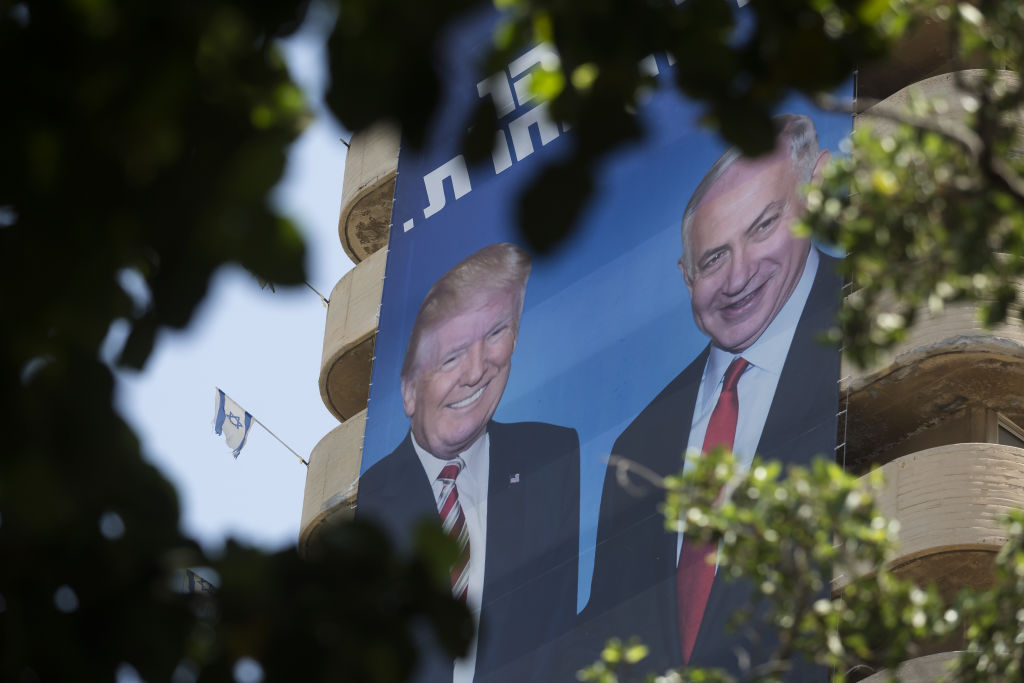Israel is approaching another parliamentary election, and Palestinians have barely been mentioned. The vote comes at a time when the United States is pushing its poorly conceived economy-focused ‘Peace to Prosperity’ plan. With the Israeli–Palestinian conflict no longer undermining Israel’s economic prosperity or global standing, it has all but fallen off the domestic political agenda.
Next month’s parliamentary election will be Israel’s second this year. After the first, held on 9 April, Prime Minister Benjamin Netanyahu—whose Likud party won 35 out of 120 seats—failed to create a governing coalition. Barely a month after the parliament was sworn in, its members voted to dissolve it.
That failure had nothing to do with Palestine. Netanyahu lost the support of part of his right-wing alliance over disagreement on a military draft law (relating to an exemption for ultra-Orthodox Jews). And he was unable to get the main centrist opposition party, Blue and White, to work with him, owing largely to his expected indictment on charges of bribery, fraud and breach of trust.
As for the somnolent election campaign that is now underway, its only brief moments of vitality have been brought by corruption-related smears and other ad hominem attacks, mostly relating to Netanyahu and his family’s ‘kingly’ behaviour. Blue and White—which poses the most serious challenge to Likud’s rule—is focusing on the fight against Hamas in Gaza, which it claims it can manage more effectively than Likud could. Even the Labor Party, the presumed inheritor of former prime minister Yitzhak Rabin’s peace-building legacy, is running on domestic ‘social issues’.
The Israeli public shares this lack of interest in the Palestinian issue. Last month, Netanyahu’s pledge, made at a ceremony marking the 40th anniversary of the Samaria Regional Council, that Israel would ‘forever control the entire land down to the Jordan River’ barely elicited a reaction.
This partly reflects disillusionment with the peace process: a 2018 poll found that 81% of Israeli Jews don’t believe a two-state solution is viable. But it also underscores the extent to which Israel has escaped any consequences for its treatment of the Palestinians, including its cavalier defiance of the 2002 Arab Peace Initiative.
Read the article by Shlomo Ben Ami in The Strategist.

